
Syria 2.0? Mali and Russia’s Failed ‘Syrian Model’
By Peredur Morgan, Policy Fellow 2025-26. This article originally appeared in The Geopolitics.
‘Just under a year ago, Russian power failed to save Bashar al-Assad from a lightning, Turkish-backed offensive. Today, Russian mercenaries cannot keep the road to Bamako, Mali’s capital, open against Tuareg and jihadist rebels. The myth of Russia’s ruthless counter-insurgency prowess, born in Grozny and exported to Syria, is melting away.’

The U.S. Can Win the AI Race
By Samuel Field, Policy Fellow 2025-26. This article originally appeared in DC Journal.
‘The AI race is fundamentally about the future of global power, in arenas from defense and security to healthcare. In some instances, China has weaponized AI usage, setting a potentially dangerous precedent. The United States is still in the lead, but will only maintain it if policymakers continue to act.
Congress should refrain from passing measures that hinder progress through regulation and ensure China does not gain access to vital U.S. technology.’

Britain’s trajectory shows what will be lost if we fail to defend free speech
By Pia Comer, Policy Fellow 2025-26. This article originally appeared in Conservative Home.
‘When JD Vance made headlines warning the UK against following the same “dark path” of censorship as America supposedly did under the Biden administration, he wasn’t exaggerating. On average, over thirty people a day are being arrested in Britain for what they say. This isn’t just Britain’s problem: worldwide, infringements on free speech are becoming more and more common.’

The Haredi challenge and the future of Israel
By Shahar Eyal, Policy Fellow 2025-26. This article originally appeared in The Times of Israel.
‘On Thursday 30 October, hundreds of thousands of Ultra-Orthodox Jews flooded Jerusalem’s streets in a “March of the Million,” protesting against efforts to end their conscription exemptions and shouting slogans against the secular state. This act of protest is not simply a product of changing conscription laws, but a window into a far deeper culture war which poses significant risks for Israel’s national security.’
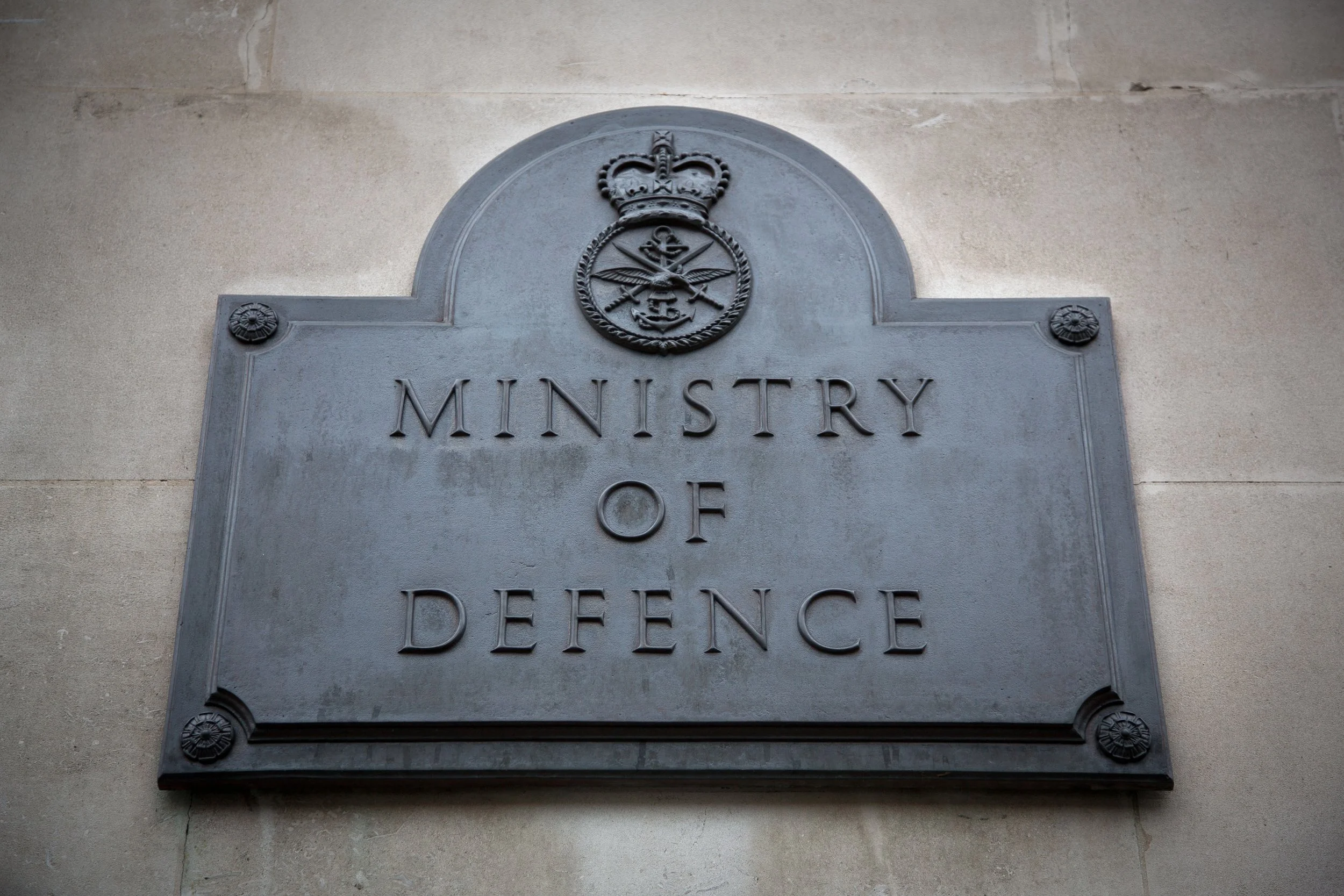
Smarter Defence, Stronger Nations: The Critical Case for Advanced Capabilities in the UK
By Megan Dunlop, Policy Fellow 2025-26. This article originally appeared in The Atlas Institute for International Affairs.
‘Recent years have ushered in a new era where defensive strength is defined by technological innovation rather than sheer manpower. The safety of the United Kingdom, our defence credibility, and moral integrity hinge on our ability to safely and effectively integrate autonomous systems into our defence plans. We have the opportunity to protect personnel, deter attacks, and set the global standard. It is imperative that we take this opportunity.’
Photo Credit: Harland Quarrington/MOD, OGL v1.0OGL v1.0, via Wikimedia Commons
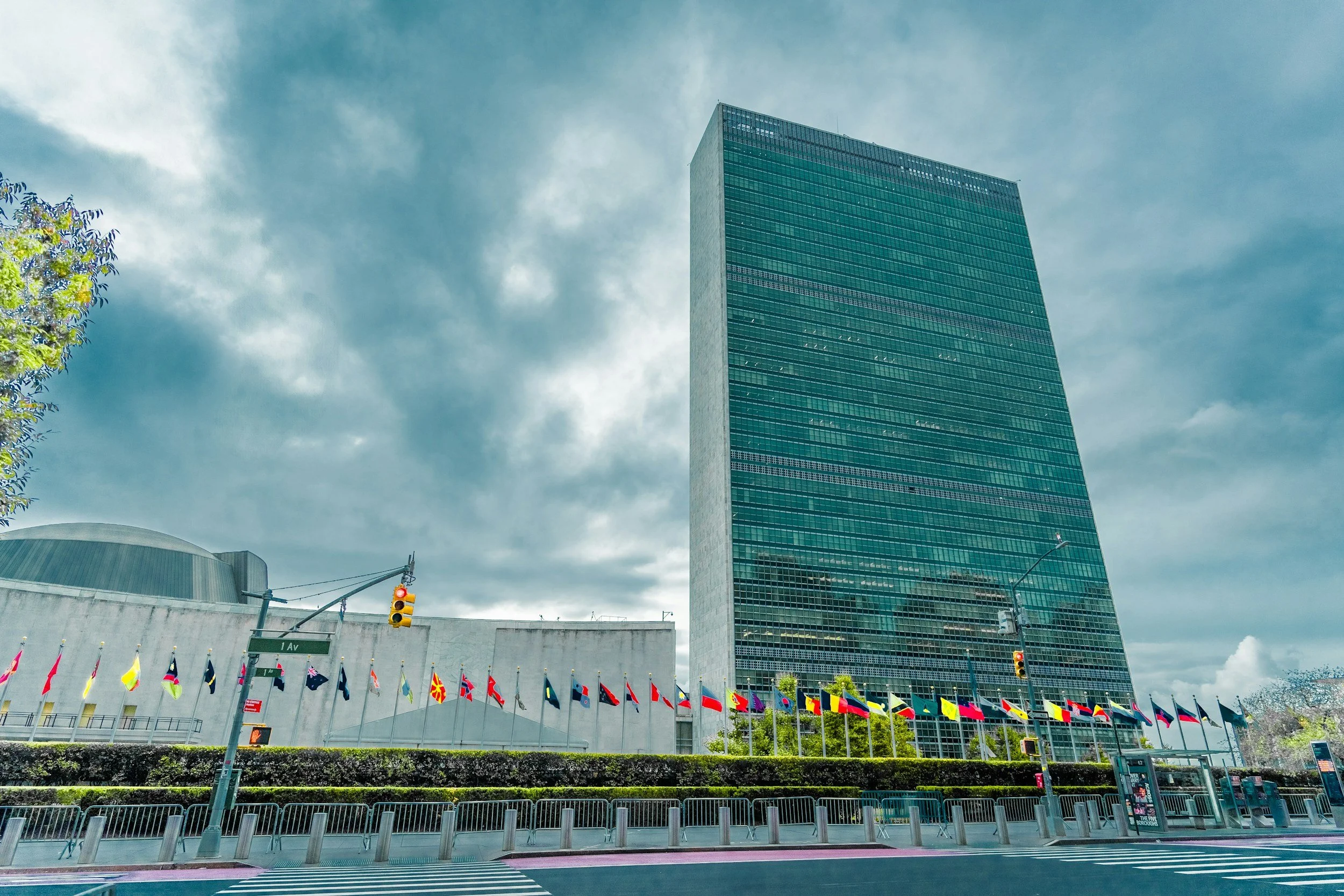
How the UN failed October 7th’s sexual violence victims
By Daniella Spoto, Policy Fellow 2025-26. This article originally appeared in Modern Diplomacy.
‘Hamas had genocidal intent on October 7th. Their sexual humiliation of women was not incidental; it was symbolic of their warped ideology. They laid their motivations bare, celebrating and filming them. The international community has chosen not to see.’

Saudi Arabia’s calculated green conversion
By Oliver Dawson, Policy Fellow 2025-26. This article originally appeared in Modern Diplomacy.
‘At the 11th session of the General Assembly of the International Renewable Energy Agency in 2021, Saudi Arabia pledged to generate 50% of its electricity from renewable sources by 2030.
As the Kingdom embraces a solar and wind future, the question is no longer whether Riyadh is going green—but why. Underpinning the turbines and panels lies a strategy more about maintaining power than leading a moral eco-crusade.’

Third country diplomacy can keep the Abraham Accords alive
By Yossi Hurst, Policy Fellow 2025-26. This article originally appeared in Modern Diplomacy.
‘The Accords do not need another summit. They need projects that hold because of strong structures, despite a volatile Middle East. By building in third countries, front-loading sunk costs, and not having state-run projects, triangulation can be incredibly effective.’

I was at the Oxford Union’s latest Israel debate – they haven’t learnt their lesson
By Merit Habib Matta, Policy Fellow 2025-26. This article originally appeared in Jewish News.
‘On 13 November, the Oxford Union debated the motion “This House Believes that Israel is a greater threat to regional stability than Iran”.
Ultimately, the Union’s effort to promote real discourse could not supersede the antisemitic vitriol that has been ravaging our society since the horrors of 7 October.’

The age of the mercenary is here to stay
By Amar Bhandal Singh, Policy Fellow 2025-26. This article originally appeared in The National Interest.
‘Western governments must develop a new regulatory framework that treats state-linked PMCs as extensions of state power and components of strategic calculations, rather than as mere commercial actors offering only tactical support…
Unless we modernise our legal and strategic toolbox, the next Wagner PMC won’t just surprise us, it will leave us outmanoeuvred, and trying desperately to catch up—again.’
Photo Credit: By Информационное агентство БелТА, CC BY 3.0

The Age of American Ambivalence: Europe’s Strategic Wake-Up Call
This article was written by Sophie Seitler, Policy Fellow 24-25, and originally appeared in Modern Diplomacy.
“The once-idealized transatlantic alliance is faltering under Trump’s tariff-first agenda. Cloaked in niceties, the agreement’s narrow scope raises difficult questions about the state of the so-called ‘special relationship’—especially when viewed against the backdrop of Washington’s increasingly adversarial posture toward Europe.”
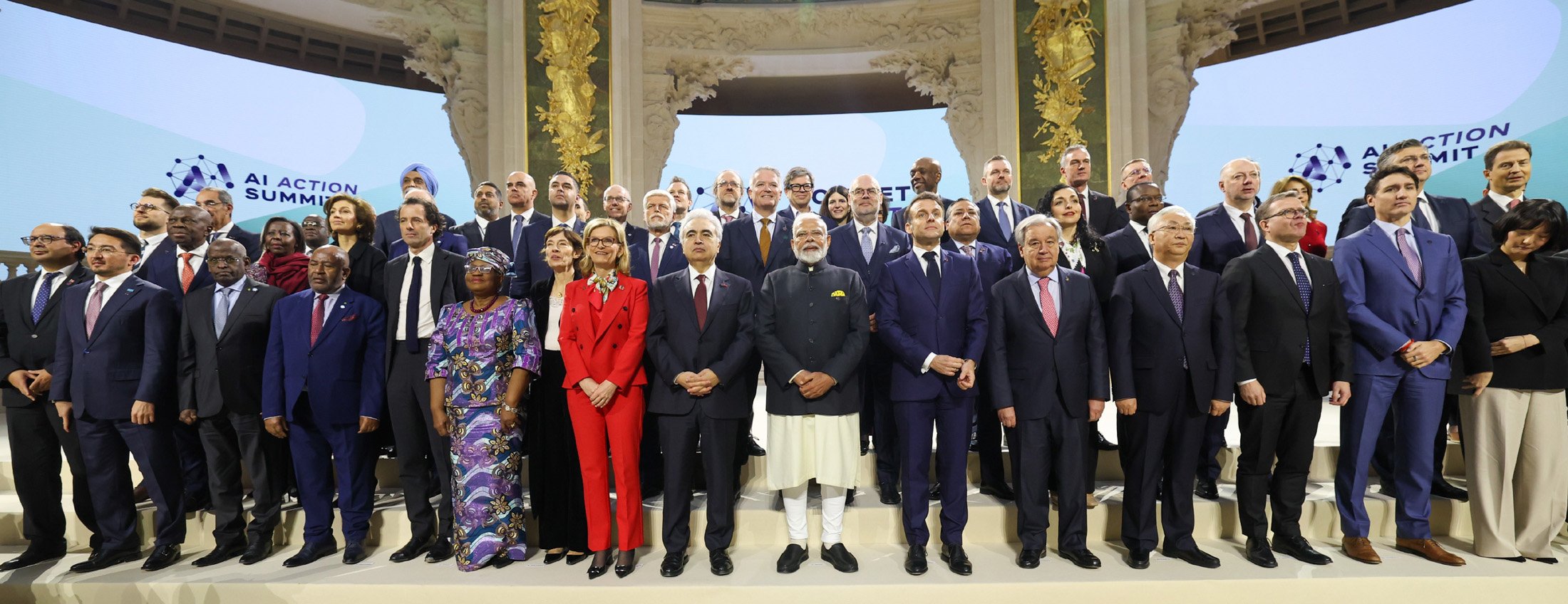
How Europe can catch up in the global AI race
This article was written by Lynn Dascha Engelhardt, Policy Fellow 24-25, and originally appeared in Reaction.
“Leading in AI today means securing a strategic edge across nearly every sector, from defence and healthcare to finance and energy. Most of the global conversation focuses on the rivalry between the US and China, with names like ChatGPT and DeepSeek dominating the headlines.
Yet Europe is not absent from this race... Could these European players grow into something bigger or has Europe become irrelevant in the global AI race?”
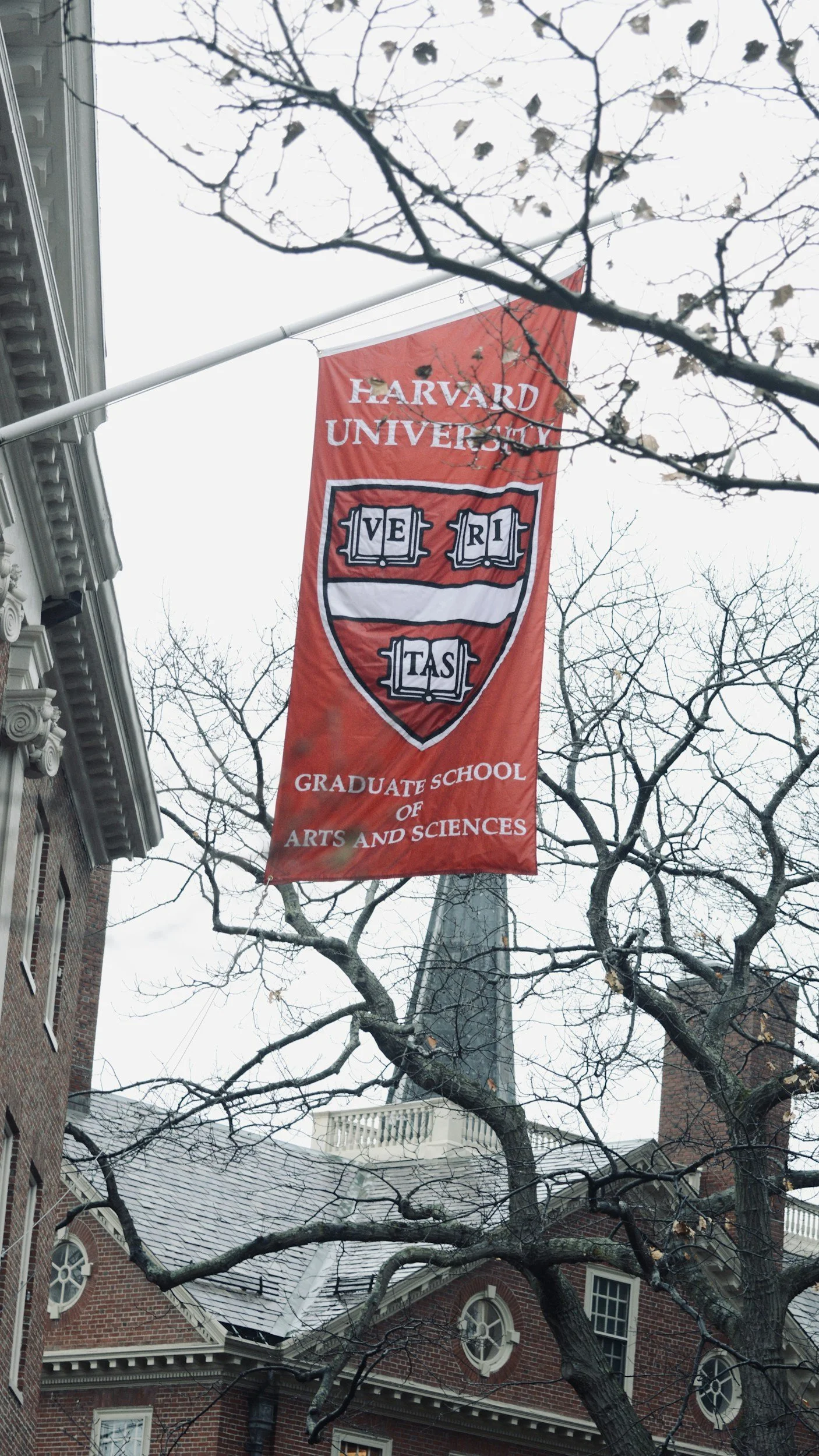
Trump's Science Slash-and-Burn Is Damaging the U.S. on the World Stage
This article was written by Sophia Lieuw-Kie-Song, Policy Fellow 24-25, and originally appeared in RealClear Science.
“Scientific research has long been an integral part of United States leadership on the global stage… President Trump’s crusade against these organisations has put the resilience of American research at risk. “
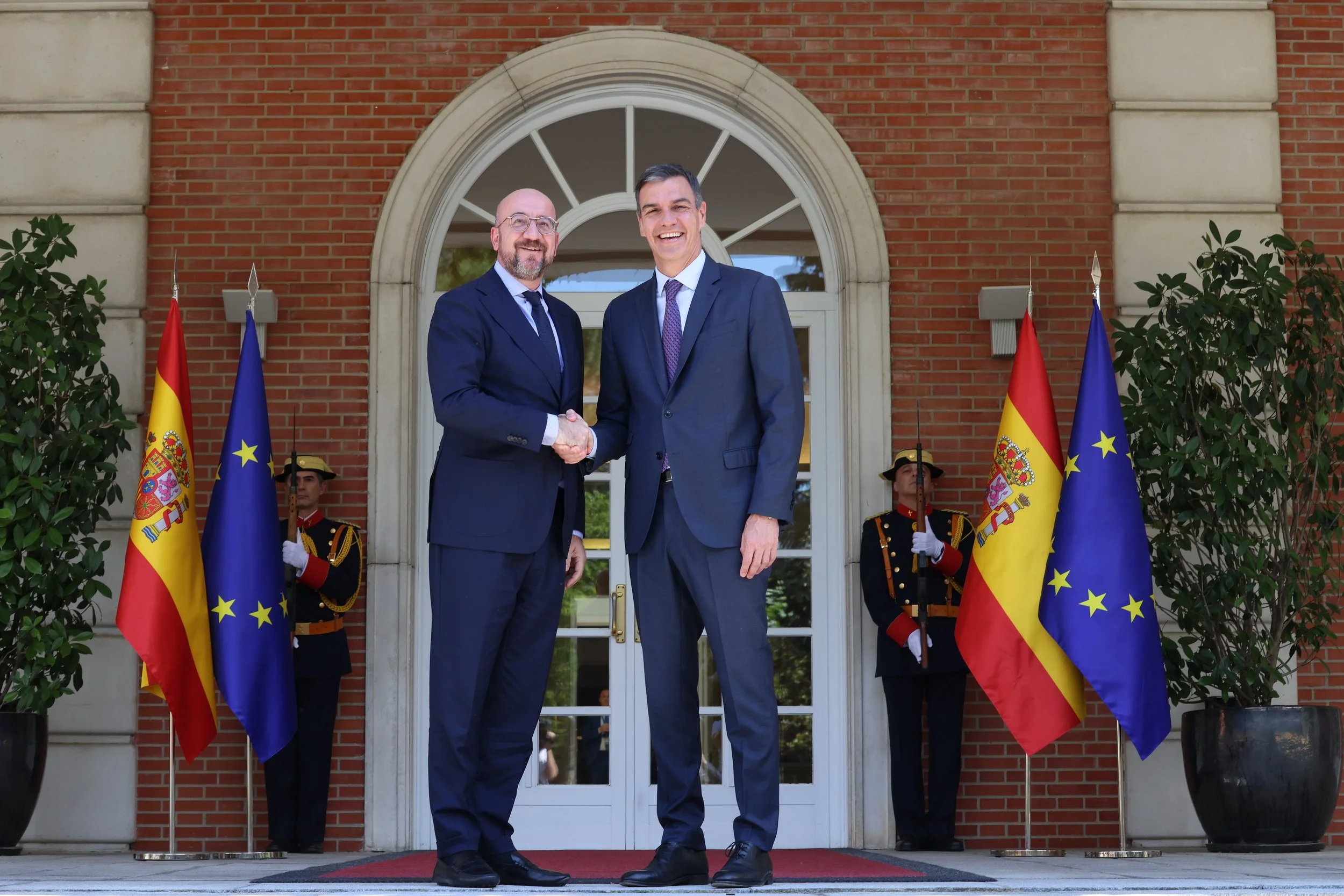
More Than Meets the Eye: The Past, Present, and Future of Spanish-Israel Relations
This article was written by Jacob Gibson, Policy Fellow 24-25, and originally appeared in Modern Diplomacy.
“Relations between Spain and Israel seemed to have hit rock bottom. In May 2024, Spanish Deputy Prime Minister Yolanda Díaz ended a speech with ‘From the river to the sea, Palestine will be free.’ This was merely the latest outbreak in the cycle of deteriorating relations since the outbreak of the Israel-Hamas War. Such hostility has deep roots in Spain.”

University free speech bill is much improved but problems remain
This article was written by Gavriel Sacks, Policy Fellow 24-25, and originally appeared in Modern Diplomacy.
“British universities were once known as hubs of debate and discussion. Now, students have become increasingly afraid of speaking freely in these academic environments. The Higher Education (Freedom of Speech) Act 2023 was an attempt to revive the spark of lively discourse.
Yet, despite its laudable intentions, the Act’s fundamental limitations and subsequent revisions raise profound questions about its effectiveness.”

Israel’s Public Diplomacy Strategy: ‘This is a Message to the People’
This article was written by Mariam Habib Matta, Policy Fellow 24-25, and originally appeared in Modern Diplomacy.
“It’s normal and expected for a political leader to address the people of their own nation, but what happens when a leader decides to bypass diplomatic channels and speak directly to the people of another country—especially to those of an adversary?”

American Democracy will prevail
This article was written by Noah Arazi, Policy Fellow 24-25, and originally appeared in the Jewish Stand.
“Whilst President Trump may give off the appearance of omnipotence, this will soon wear off. It will not be long before the new presidential administration hits political reality in Washington.”

The US-China AI race isn’t just about tech dominance, but control over information
This article was written by Lynn Dascha Engelhardt, Policy Fellow 24-25, and originally appeared in Reaction.
“The US has long dominated Big Tech, reinforcing the expectation that AI supremacy would soon follow, driven by industry giants like NVIDIA and OpenAI. But with China’s DeepSeek entering the scene in January, that assumption has been challenged. The race for AI supremacy is now wide open. DeepSeek has exposed how fragile the US lead really is and how much is at stake: this is not just about tech dominance, but control over information itself.”

DOGE Is Sabotaging Trump’s China Goals
This article was written by James Abrahams, Policy Fellow 24-25, and originally appeared in Modern Diplomacy.
“If the administration continues to be blind to the soft power implications of DOGE and the risks it poses to national security, American power will continue to diminish, and the US will be more vulnerable than ever in the face of a growing Chinese threat. The rhetoric of the administration’s China hawks will, therefore, ring increasingly hollow.”

The law as a convenient fiction: How legal arguments have facilitated British and American foreign policy failures
This article was written by Sophie Seitler, Policy Fellow 24-25, and originally appeared in Europinion.
“The law has long served as both a shield and a smoke screen, selectively wielded to justify both strategic retreats and upholding obligations. Rarely an impartial force, the legal dimension of UK and US foreign policy has been increasingly shaped by political will. The recurring iteration of the UK’s EU policy pandemonium parallels that of America’s isolationist legalism pre-WWII and President Trump’s NATO scepticism. They all similarly deploy legal justification to obscure deep policy failures.”
